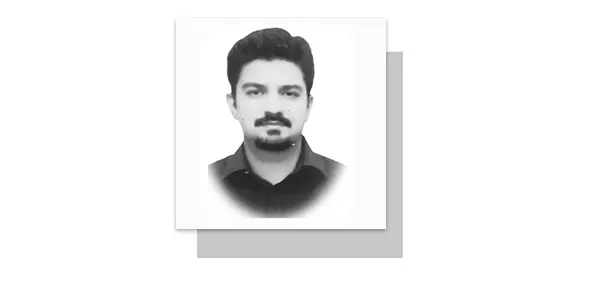IN the tapestry of public health challenges, cancer emerges as a formidable thread that weaves its way through communities worldwide. As Pakistan grapples with the increasing prevalence of this relentless adversary, the urgency of addressing the burgeoning crisis comes sharply into focus. With an alarming 19 million new cancer cases reported in 2020, the upcoming World Cancer Day in 2024 serves as a poignant reminder of the need for collective action.
The National Institute of Health Islamabad’s cancer registry paints a vivid and unsettling picture of the state of cancer in our nation. Breast cancer, affecting nearly 39% of females, takes centre stage as the most common cancer. However, equally striking is the prominence of oral cancer, ranking third in frequency among females and closely linked to cultural habits such as gutkha and paan. Among males, oral cancer stands as a significant concern, underscoring the undeniable correlation between cultural practices and cancer risk.
The data further reveals liver, colorectal, and lung cancers as major players in the landscape of cancer incidence. Each cancer type brings its unique set of challenges, necessitating a nuanced and comprehensive approach to prevention, early detection, and treatment. Yet, the burden of cancer is not uniform across the provinces of Pakistan. Regional disparities highlight the uneven distribution of this health challenge, with Punjab bearing the highest load at 45%, followed by Sindh at 26%, Khyber Pakhtunkhwa (KP) at 16%, and Baluchistan at 3.5%. Recognizing and addressing these regional differences is paramount in formulating targeted and effective strategies to combat cancer.
Gender disparities further characterize the cancer landscape, with females grappling predominantly with breast cancer, while males face risks from oral, liver, colorectal, lung, and prostate cancers. Understanding these gender-specific variations is crucial for tailoring prevention measures and allocating resources appropriately. The vulnerability of our youth to cancer is another stark revelation from the data. Leukaemia emerges as a leading cancer in children, and bone cancer takes a significant toll on adolescents. This underscores the critical need for early detection mechanisms and specialized care tailored to the unique needs of our younger population.
Preventing cancer in Pakistan necessitates a multifaceted approach that addresses cultural practices, environmental factors, and lifestyle choices. Public awareness campaigns must tackle issues such as food adulteration, gutkha, paan, and nutritional deficiencies, shedding light on the link between these factors and cancer risk. On the policy front, there is a pressing need for reforms and updates that align with the evolving landscape of cancer in Pakistan. Accessibility to cancer treatment, particularly in remote areas, remains a significant challenge. Efforts must be directed towards establishing comprehensive cancer care centres and strengthening the overall healthcare infrastructure.
As we approach World Cancer Day 2024, let us collectively acknowledge the gravity of the cancer crisis in Pakistan. The data from the National Institute of Health Islamabad’s cancer registry serves as a clarion call for immediate action. It is time to prioritize prevention, early detection, and equal access to quality care. Through collaborative efforts, we can not only confront the growing wave of cancer but also pave the way for a healthier and more resilient Pakistan.
In the face of this formidable challenge, our collective commitment to awareness, prevention, and compassionate care becomes the linchpin for changing the trajectory of cancer in our nation. The upcoming World Cancer Day is not merely a day of recognition; it is an opportunity for us to stand united in the fight against cancer, with the shared goal of a healthier and cancer-resilient Pakistan.
—The writer is Associate Professor, Health Services Academy, Islamabad.
Email: drahmedabdullah83@gmail.com
views expressed are writer’s own.










